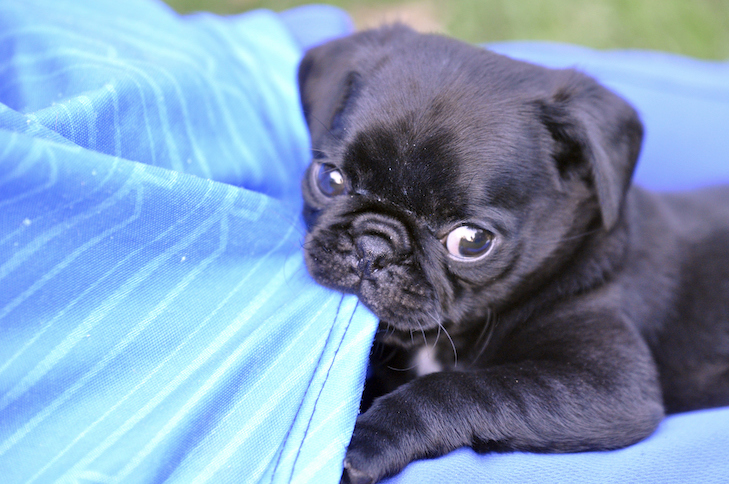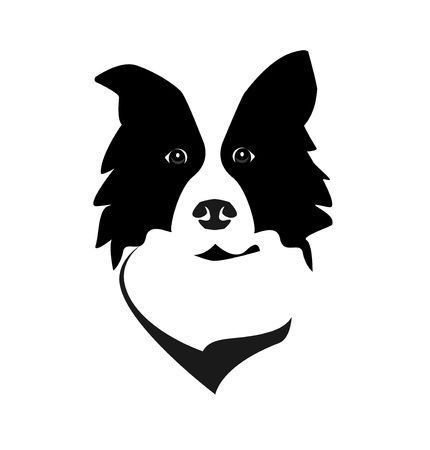
If your puppy keeps going into attack mode: growling, grabbing clothes, and biting legs.
It is normal for puppies to behave this way; your very young puppy is just trying to get you to play. The dog is obnoxious at the moment, but will grow up. For now, make sure that you initiate play with your pup several times a day. Don’t always wait for your pup to start things. Tug and fetch are good outlets for puppy energy. When playing with your pup, always have a big toy that you can get into their mouth, so that the puppy doesn’t nip you. Ask for downs, sits, and tricks, which will redirect her and give the puppy a chance to earn a reward, either food or play with a favorite toy. These toys should be special ones that she doesn’t have access to unless she is playing with you.
Do offer your puppy:
- Scheduled playtime and activity time to minimize boredom
- Chew Toys: Plenty of rest and time out periods after plenty of stimulation: Having a few out at a time and swapping them out on a weekly basis to keep dogs interested.
- Food Puzzles: Which are great for mental and physical stimulation.
- Edible treats when teething, A more appropriate alternative whenever the nipping instinct kicks in.
- Tug time to teach dogs the rules for “polite play,”. Make sure your dog sits before your start and the game only continues for as long as the toy is the only thing your dog chews. If he redirects to your hand, the game stops and you remove the toy until he can sit or stand to resume the game.
Don’t:
- Overstimulate your puppy with wild play
- Unintentionally reward him when he nips
- Hold your dog’s muzzle shut as a correction, which teaches fear
To intervene when your dog is play biting, make sure not to come across “like a giant squeaky toy” something young kids often appear like. That means not appearing too exciting, keeping your body quiet, and presenting appropriate chew toy alternatives.
“The longer the toy, the less likely your dog is to accidentally bite your hand at the other end of it”.
The second your dog’s teeth touch your skin or clothes, be prepared to put your dog in a “time out.” “These early ground rules set your dog up for success and teach him that only polite behavior will get him what he wants”.
Ultimately, the goal of training should be to teach your dog that polite forms of play are more fun than biting behaviors.
Keep in mind, it may take weeks or months before you see signs of improvements.
